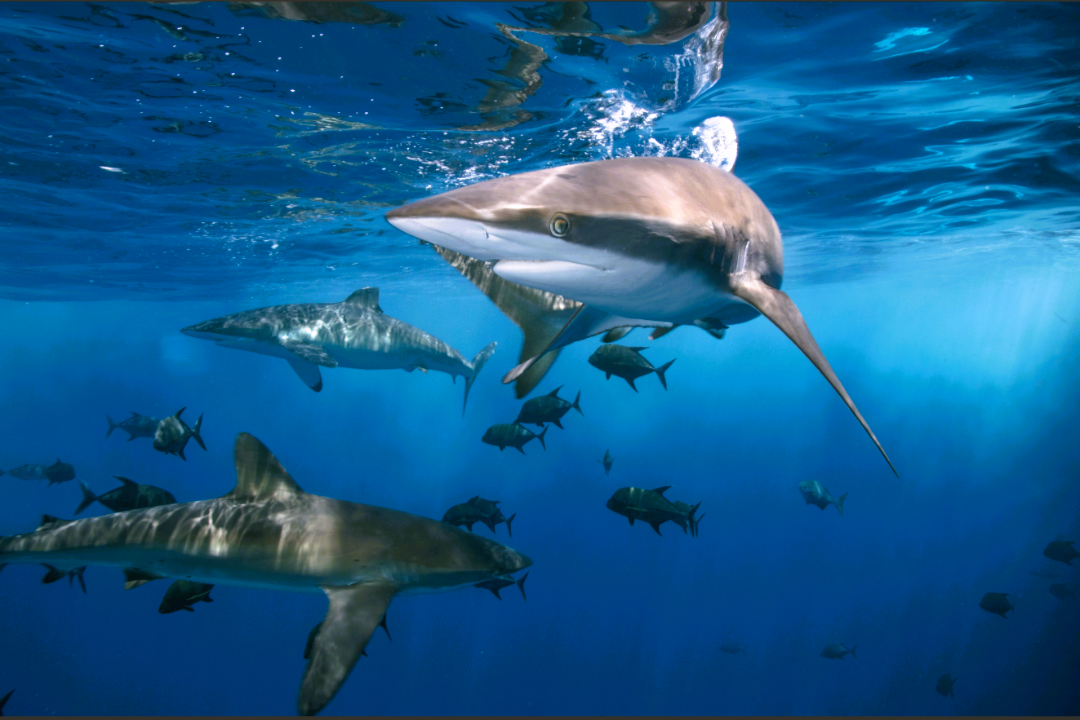Mastering Safety and Adventure Beneath the Waves with Malibu Divers

You might assume that scuba diving, freediving, or encountering sharks pose significant risks, but a closer examination of the statistics paints a different picture. According to the National Safety Council, the likelihood of dying in a motor vehicle crash is approximately 1 in 112, meaning nearly 1% of individuals face this risk. In comparison, the odds of dying in a cycling accident are about 1 in 4,500. As for the infamous shark attack? Your chance of such an encounter resulting in death is approximately 1 in 3,750,000. These numbers underscore that while adventure sports and wildlife encounters capture our imaginations, the real risks may surprise you.
Diving offers an unparalleled adventure, allowing you to explore the mysterious and beautiful underwater world. However, this thrilling activity comes with its share of risks. In 2023 alone, the United States saw 55 fatalities related to scuba and freediving, underscoring the importance of good health, comprehensive training, risk mitigation, and preparedness for the unexpected. At Malibu Divers, we are dedicated to helping you enjoy diving safely and responsibly.
Putting Risks in Perspective
While diving has its dangers, it’s important to put these risks in perspective compared to other causes of death. Here are the top 10 causes of death in total in the United States in 2023:
- Heart Disease: 695,000 deaths
- Cancer: 610,000 deaths
- COVID-19: 186,000 deaths (1.76M since 2020)
- Unintentional Injuries (including motor vehicle accidents, falls, and drug overdoses): 224,000 deaths
- Motor vehicle accidents: Approximately 44,450 people died in traffic crashes in 2023. This marks a slight decrease from the previous year's total of 46,270 deaths.
- Falls: Fatalities from falls are significant, particularly among older adults. In 2021, falls caused around 42,000 deaths in the U.S., and the trend suggests a similar number in 2023.
- Drug overdoses: Preliminary data indicates that over 106,000 people died from drug overdoses in 2023, slightly down from the peak of 109,680 in 2022 .
- Opioids (including prescription opioids, heroin, and synthetic opioids like fentanyl): Around 70-75% of all drug overdose deaths. roughly 74,200 to 79,500 deaths.
- Synthetic opioids (mainly fentanyl): estimated to be around 70-75% of opioid-related fatalities, 51,900 to 59,600 deaths in 2023.
- Stimulants (such as cocaine and methamphetamine): 25% of drug overdose deaths, 26,500 deaths in 2023.
- Benzodiazepines: about 15% of drug overdose deaths, 15,900 deaths in 2023.
- Other substances (including alcohol): like alcohol and other drugs not categorized in the main groups, approximately 14,000 to 18,000 deaths in 2023.
- Diver Error: Many fatalities occurred due to mistakes such as failing to inflate the buoyancy compensator, rapid ascents, poor buoyancy control, and panic. Around 50% of deaths involved divers who had made fewer than 20 dives, indicating that inexperience played a significant role.
- Medical Conditions: Cardiovascular issues were a major factor, contributing to about 15% of scuba fatalities. Other health issues included obesity, high blood pressure, and coronary heart disease
- Equipment Problems: Equipment failures, such as issues with air supply or buoyancy control devices, were also significant contributors. Regular maintenance and thorough pre-dive checks are essential to prevent such incidents.
- Environmental Factors: Adverse conditions like strong currents, poor visibility, and unexpected marine life encounters can also contribute to diving accidents. Proper planning and awareness of the dive site conditions are crucial
In 2023, there were two confirmed fatalities from shark bites in the United States. This is part of a broader global trend, which saw a total of 69 confirmed unprovoked shark bites and 14 shark-related fatalities worldwide. The majority of these incidents occurred in the United States, which recorded 36 unprovoked bites. With these numbers in mind, you can worry less about the rare occurrence of a shark attack and focus on the more significant aspects of dive safety.
Here's a breakdown of the locations where these incidents occurred:
- Florida: 20 bites, which is the highest number among all states.
- Hawaii: 6 bites, including one fatal attack.
- California: 2 bites, with one fatal incident.
- New York: 6 bites.
- South Carolina: 3 bites.
These statistics reflect the areas with the highest shark-human interactions, emphasizing the prominence of Florida and Hawaii in such incidents
Sharks killed each year: 100 millionIn 2023, it is estimated that around 100 million sharks were killed by human activities globally. This staggering number includes sharks caught by fisheries, often for their fins and meat, as well as those caught as bycatch and discarded. Despite various regulations to curb practices like finning, shark mortality remains high, particularly in coastal fisheries where shark catches have increased steadily
The Importance of Good Health
Maintaining good health is crucial for safe diving. Cardiovascular issues, obesity, high blood pressure, and other medical conditions significantly contribute to diving fatalities. In fact, around 15% of scuba diving deaths are linked to cardiovascular problems. Before embarking on any dive, it’s essential to get a medical check-up to ensure you are fit to dive. Regular exercise, a balanced diet, and managing any existing health conditions can help reduce the risk of health-related incidents underwater.
Comprehensive Training: More Than Just Certification
Not all training is created equal. While basic certification is a must, ongoing education and advanced training can greatly enhance your safety. Many fatalities involve divers with fewer than 20 dives, highlighting the dangers of inexperience. At Malibu Divers, we emphasize thorough training programs that go beyond the basics. Our courses cover advanced diving techniques, emergency procedures, and risk management, ensuring you are well-prepared for any situation.
Risk Mitigation: Planning and Equipment Maintenance
Proper planning and equipment maintenance are key to preventing accidents. Equipment issues, such as problems with air supply or buoyancy control devices, are less common causes of fatalities. Regular maintenance and pre-dive checks are essential to ensure your gear is in optimal condition. Additionally, understanding the dive site, including its currents, visibility, and potential hazards, can help you avoid unexpected dangers.
Being Prepared for the Unexpected
Diving in unfamiliar environments can present unexpected challenges. Strong currents, poor visibility, and encounters with marine life require quick thinking and preparedness. Always dive with a buddy and establish clear communication signals. Keep a close watch on your air supply and depth, and be ready to abort the dive if conditions become unsafe.
Learning from Mistakes: Yours and Others’
Everyone makes mistakes, but learning from them is crucial. Reviewing incident reports and case studies can provide valuable insights into common pitfalls and how to avoid them. At Malibu Divers, we encourage our community to share their experiences and learn from one another. This collective knowledge helps us all become better, safer divers.
Dive Safe, Have Fun
Ultimately, the choice to dive safely is yours. By prioritizing good health, seeking comprehensive training, meticulously planning and maintaining your equipment, and preparing for the unexpected, you can enjoy the wonders of the underwater world while minimizing risks. At Malibu Divers, we are here to support you every step of the way, offering expert advice, top-notch training, and a community of passionate divers.
Remember, diving is as safe as you make it. Stay informed, stay prepared, and continue to have fun exploring the depths. If you have any questions or need assistance, don’t hesitate to reach out to us at Malibu Divers. Your safety and enjoyment are our top priorities.
Happy diving! 🐠🌊



Share:
Diving into Greatness: Lloyd Bridges and the Enduring Legacy of Sea Hunt